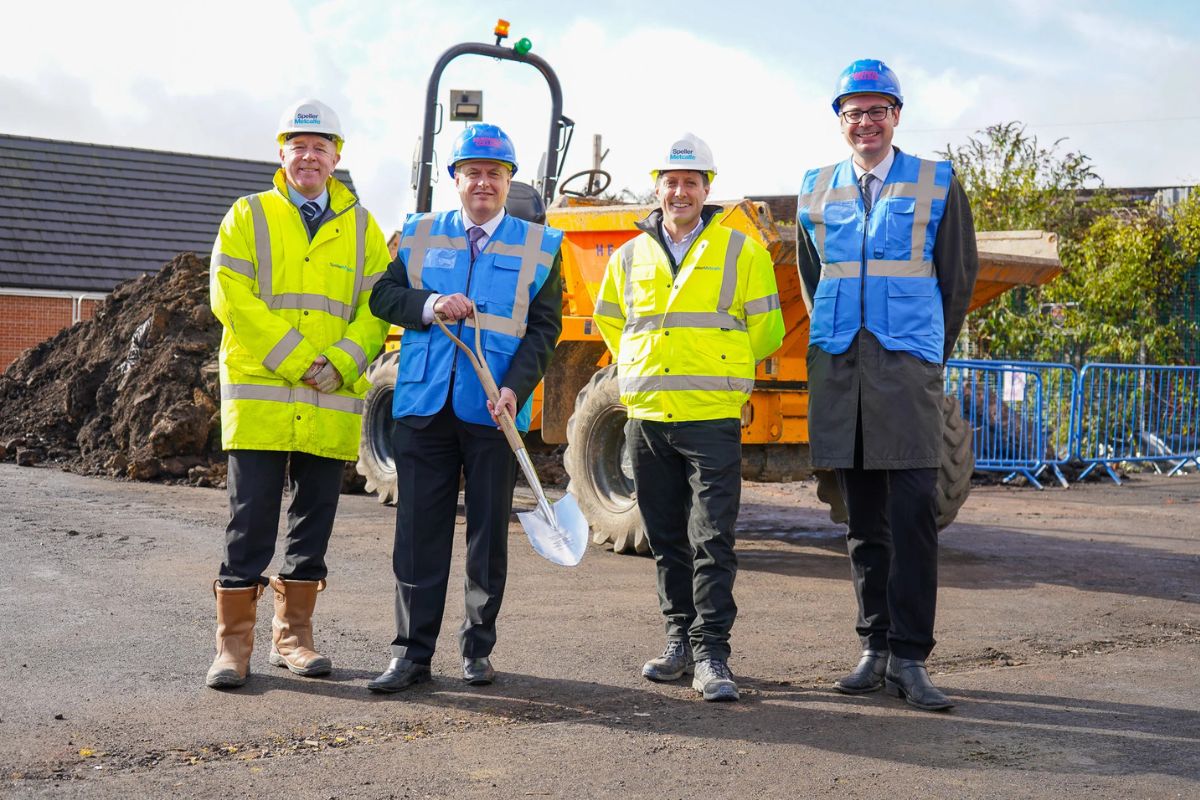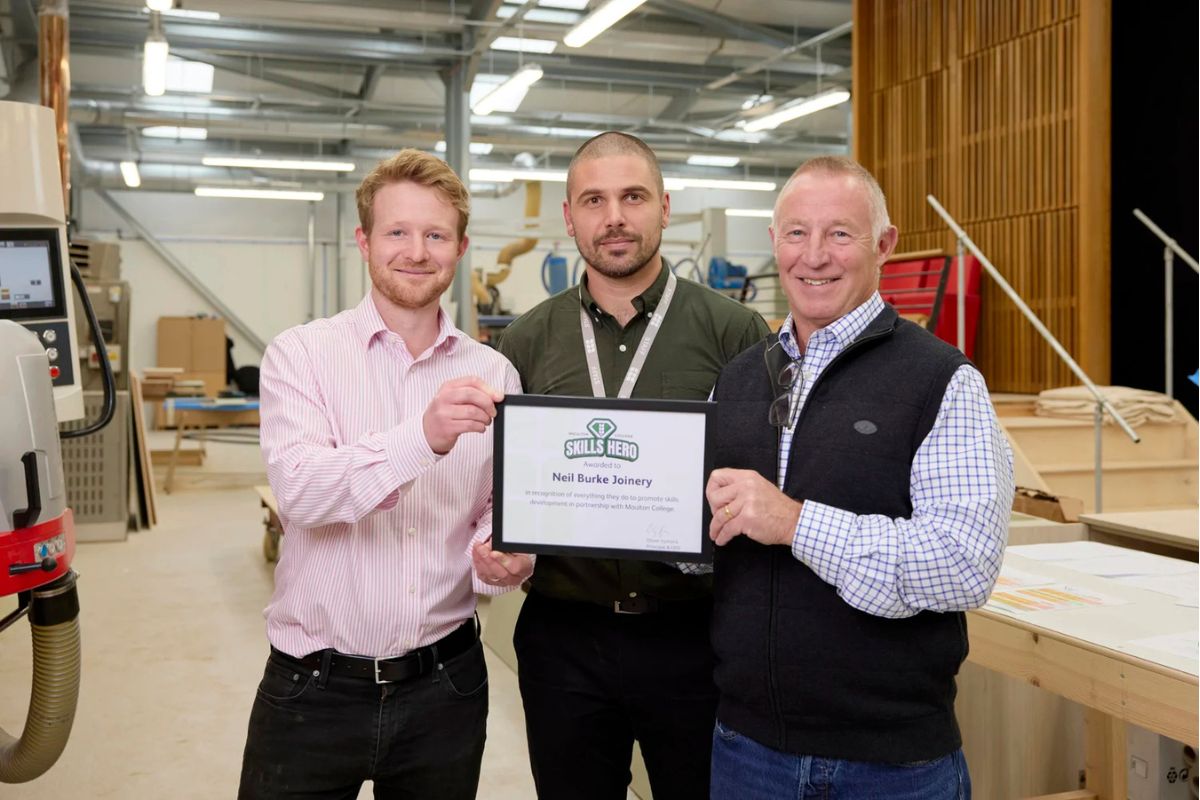Ensuring qualifications provide students with real-life skills

Resuming traditional pen and paper exams after two years of pandemic-induced disruption was always going to be a gradual process. And so, it is no surprise that this year’s A-level results were lower than the grades in 2020 and 2021 which were both determined by teachers alone.
That said, these results are still higher than the last time traditional exams were sat in 2019, making meaningful comparisons difficult to make. What this does highlight, however, is that we may be at a point where educators may want to look at whether the time is right to revisit A-level assessment models in the future.
Ofqual called out this year as a “transitional” one in terms of assessment. But is this a transition back to the way we have always done things, or a step beyond what’s worked reasonably in the past, but many feel is ripe for change?
Reflecting on the last two years, it might be time to consider what other opportunities there are for testing pupils in the digital age.
Tailored qualifications
Considering the range of education-technology tools now readily available, whether it’s for mock exams, GCSE, A-Levels or other, the education sector has the potential to pioneer a more positive and world-leading future for its students.
I believe it is time, we as an industry, thoroughly consider how pupils should be assessed in the digital age. Encouragingly, stakeholders in countries outside of the UK are already exploring new assessment approaches whereby the final qualifications recognise the individuals’ skills that are required in the world of work. These approaches lead students seamlessly and authentically into their next stage of life. It’s all about making qualifications more valuable to a student long term – not just while they’re in education.
And this is not only to help identify the strongest set of skills that determine which courses students should take, per se. Digital assessment may well highlight skills that can help a certain student identify what is the right next step for them. For example, a student who has a talent for numbers and data could explore a career in coding through various courses such as Code Institute and this may not require them going to university – but a successful assessment model will help to identify skills that should be prioritised and thus lead them in the right direction.
Encouraging the exploration of new methods of testing
This all means that educators should explore changing traditional assessment methods in order to keep up with the changing times, as well as the technologically advancing world. And one way of doing so is shifting to digital.
It is time that students are tested in a more authentic way that matches the needs of employers and the job market. What’s more, it’s also a better reflection of higher education. Teachers are already under pressure and continually work outside their contracted hours marking and deciphering handwritten work. Reducing this strain is critical to many schools and growing evidence suggests digital assessments can alleviate this workload. Digital assessments are becoming a large part of the education system in some countries like Finland and the UK could do worse than take the time to explore the benefits that systems like this offer.
After all, universities have mastered this shift already. And research from Bauhaus Education found that 71% of students in years 10 – 13 feel that the current exam system is outdated and needs to be overhauled. Since the lockdown, many universities had to restrict traditional methods of exams and acknowledge that open book assessment was going to be the way forward – rather than an ability to recall information under certain specific conditions.
Testing digitally is another one of many options that students should be able to choose when sitting an exam. It is obvious that there is no ‘one size fits all’ situation when it comes to learning and assessing and we shouldn’t continue to treat education like there is only one way. Exploring these different avenues of traditional exams, digital assessments, T-levels and vocational courses means that each student can be tested to the best of their ability in ways that align with how they work best. What works for some will not work for others. It is all down to the individual and their specific way of learning. This is something that must always be considered.
While we are far from a world in which all students are tested in a way which is truly fair, equitable and makes the most of their skills, our own research reveals an appetite for digital assessment that shows students, teachers and parents are hungry for change.
Ultimately, we must tap into a students’ individual strengths to give them the best kickstart into the next stage of their education and/or career and the ways in which the education system evolves to appropriately mirror the future of the economy. It is an exciting and rewarding time for educators to explore new and different ways in which they can help students excel. They shouldn’t be afraid to put their own stamp on placing the British system in the vanguard of student-centred change.












Responses